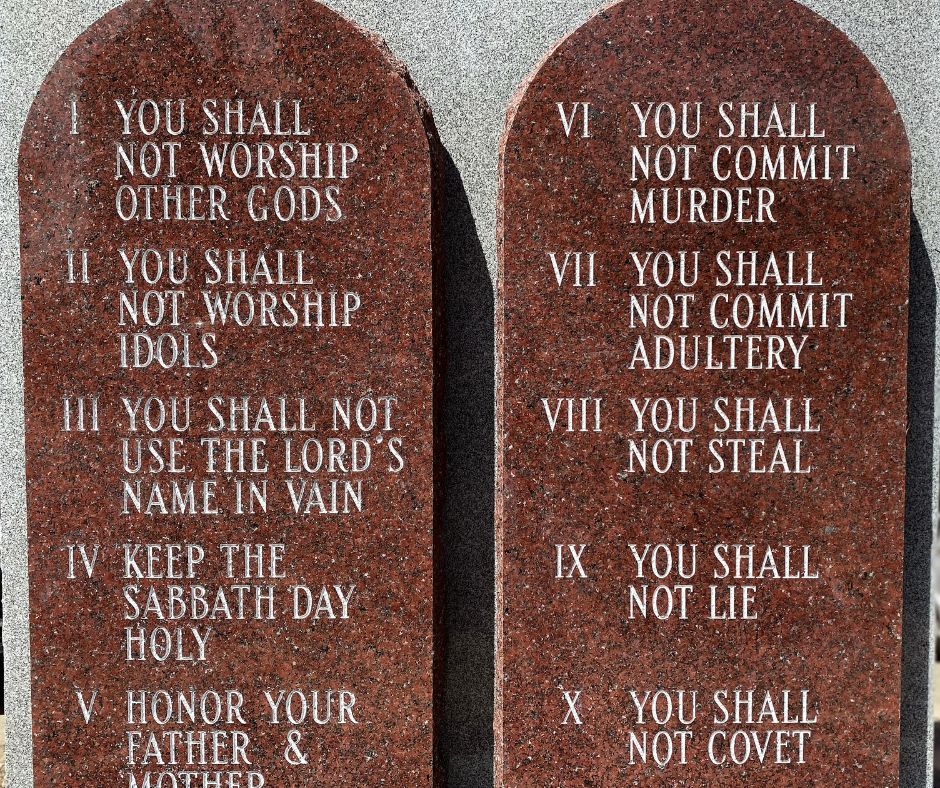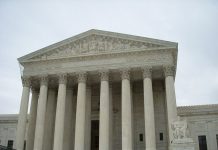A federal judge has temporarily blocked Louisiana’s recently passed law that requires public school classrooms to post the Ten Commandments beginning in January 2025. The decision by the federal District Court is seriously flawed and should be reversed.
In July, the state had agreed to pause implementing House Bill 71 after a multifaith group of parents, represented by the ACLU, the Freedom From Religion Foundation, and Americans United for Separation of Church and State, sued the state claiming the law endorsed a specific religion and discriminated against non-Christian students. However, state officials will “immediately appeal” the decision citing that the Ten Commandments law is meant to teach students about the nation’s history, culture, and tradition where recent Supreme Court precedent favoring “historical practices and understandings” would seem to permit such expression.
In blocking the law, U.S. District Judge John W. deGravelles issued a 177-page ruling in Darcy Roake et al. v. Cade Brumley et al stating HB 71 was “plainly religious in nature” and was “unconstitutional in every application.” The judge went as far to state the law actually fails to comply with current precedent because he did not see enough “convincing evidence” the Decalogue was a significant part of the state’s history to mandate it into public education.
Louisiana officials defended the Ten Commandments law as constitutionally valid by arguing that it has a historical and educational purpose. They cite the Decalogue’s “historical role” in developing American law and education, which displayed alongside other historical documents, would be permissible under the First Amendment. Since HB 71 also required public school classrooms to display the Mayflower Compact, the Declaration of Independence, and the Northwest Ordinance, the state’s legal team argued that the law’s intent is not to endorse a religion but to teach where America’s longstanding moral values in civic life originate.
Louisiana has considerable grounds for its appeal. Recent Supreme Court precedents show that displaying the Ten Commandments is not necessarily a religious endorsement. In American Legion v. American Humanists Association, the High Court wrote that the Ten Commandments “have historical significance as one of the foundations of our legal system” and represents a “common cultural heritage.” Then, in 2022, the cases of Shurtleff v. City of Boston and Kennedy v. Bremerton School District rejected and overruled the 1971 case of Lemon v. Kurtzman. The High Court replaced the “Lemon Test” by returning to a traditional First Amendment standard where courts must interpret the Establishment Clause by “reference to historical practices and understandings.”
Louisiana’s appeal will go to the Fifth U.S. Circuit Court of Appeals, which is one of the most conservative appeals courts in the nation.
Louisiana’s HB 71 requires all K-12 public schools and state-funded universities to display at least an 11-inch by 14-inch poster of the Ten Commandments. The law also requires each display to be paired with a four-paragraph “context statement” describing the history of the Ten Commandments and how they “were a prominent part of American public education for almost three centuries.”
Liberty Counsel’s Founder and Chairman Mat Staver said, “The Ten Commandments is a universally recognized symbol of law and has indelibly shaped the Western Legal Tradition and American government. There are more than 50 displays of the Ten Commandments inside and outside the United States Supreme Court. The Ten Commandments are ubiquitous and their central role in law and government pre-date the U.S. Constitution. This court’s ruling is terribly flawed and must be reversed.”

















